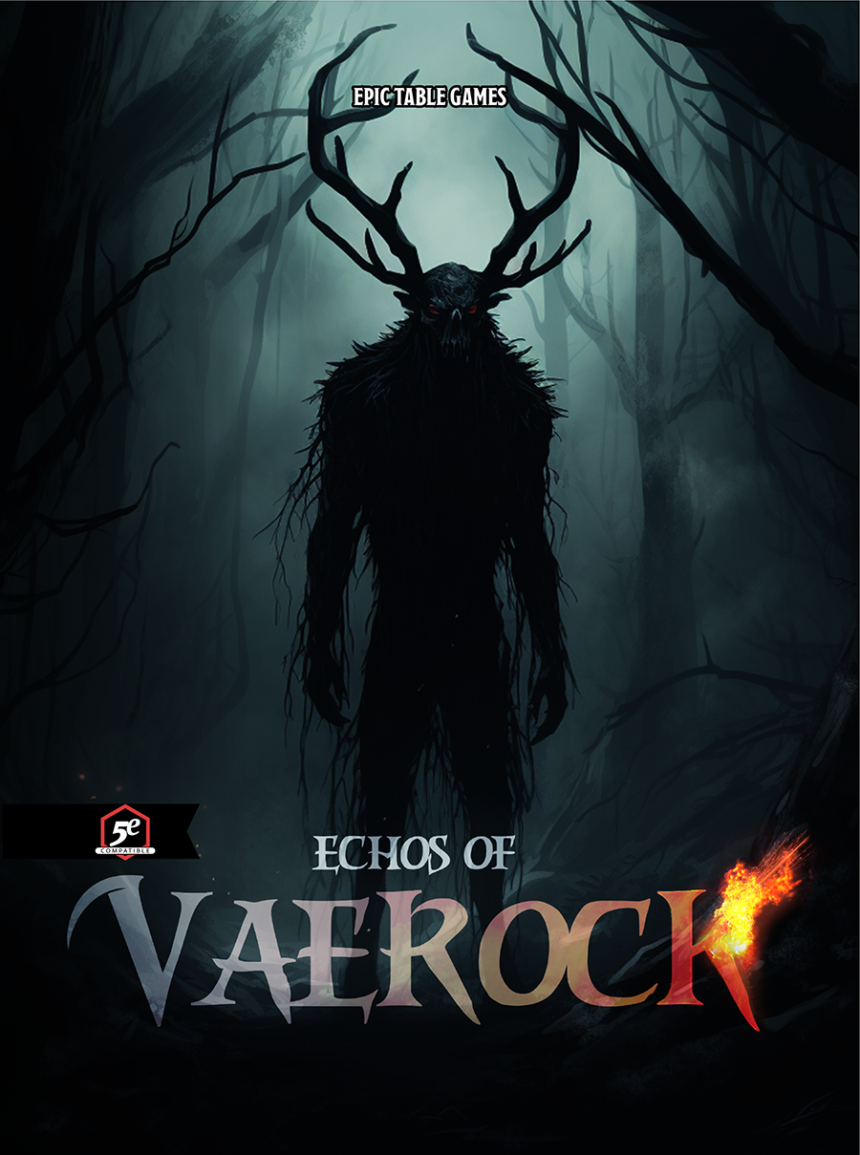As we all know, one of the most important parts of being an RPG news source/review site/blog is maintaining neutrality. Impartiality. Objectivity. Therefore, and for reasons having nothing to do with it being June and there therefore being certain celebrations and parades going on all across the country in support of a wonderful cause, I’ve decided to review one of my favorite games that no one has ever heard of: Let’s Rob RJ McElhenny and Steal Her Golden Quill by Glaive Guisarme Games.
Let’s Rob RJ McElhenny and Steal Her Golden Quill, a game name that I absolutely, patently refuse to type out in full more than three times in one blog post, is one of those great games that’s perfect for a night when a player or the GM can’t show. It’s very quick, very rules-light, involves practically no set-up whatsoever, and only requires a standard deck of playing cards to play. It’s also a ton of fun, and is good practice for getting players to start putting their GM hats on themselves. Spoilers: I highly recommend this game to pretty much everyone. Read on to hear why.
The Basics of Theft
Let’s Rob RJM is a zine-format game, meaning it’s meant to be readable on four sheets of letter (or A4) sized paper, back and front. Glaive Guisarme provides a version for the screen in which all the pages are in order, but also provides versions that can be printed out in that zine format. (If the pages seem all out of order to you, you’re probably looking at the printable one.) As such, this is an extremely lightweight game as we’ll see when we get to the rules.
The zine has a strong layout. It’s very readable, and the font choices are particularly delicious–it should be very, very clear what’s happening here as soon as you see them. There aren’t any illustrations in the zine beyond the cover, but there’s no room for them and no real need for them anyway. The tables involved are clear and concise, and all in all the book is clean and easy to use.
Who Is RJM?
So there’s this writer, RJ McElhenny, and she is just a terrible, terrible person. You see, she got really, really famous for writing some kids’ books about wizards which seemed really genre-defining at the time but upon later rereads are honestly just pretty derivative and mediocre. And then she started talking about the books on various social media sites in order to milk even more fame and money out of them, and boy, her takes were just terrifically bad.
Because you see, the books are about wizards, and the people who are real wizards, and are real wizards because they were born wizards. Unlike the people who had to become wizards because they were born not-wizards and became wizards later. Those people aren’t real wizards, according to RJ McElhenny. Those people are just fake wizards and therefore they shouldn’t be allowed to play on the same sports teams as real wizards.
It is important to note at this point the clarification on the Let’s Rob RJM itch.io page, which states that it is “a game with no subtext whatsoever and legally you can’t prove otherwise.” My selection of it for the post this week was in fact entirely random and had nothing to do with the above-mentioned month or celebrations thereof.
Anyway, you the players take on the roles of a crew of spellcasters about to steal RJ McElhenny’s Golden Pen (some kind of literary award trophy and also perhaps the source of her powers). You pick or roll for your spellcaster power source, your aesthetic, and your concept, which represent six of the best character concepts for spellcasters I’ve ever seen. That’s all you need to enter the house and start contending with the forces of RJ McElhenny.
Your cadre of fearless casters then spends the game exploring room after incredibly beige and lifeless room of RJ McElhenny’s labyrinthine and frequently nonsensical manor. Obstacles of all kinds–magic barriers, strange creatures, traps, you name it–wait within. In the middle of it all lurks RJ McElhenny herself, defending her Golden Quill. Fortunately, however, you have an airtight and well-rehearsed plan to make it through.
How to Heist
Mechanically, the game is very simple. Fans of solo play or journaling games will instantly recognize the basic structure. Gameplay proceeds room by room, with each room defined by a card drawn from the deck of playing cards. This represents the route the group takes through RJ McElhenny’s large and sprawling manor. The cards present individual rooms in the most banal way possible, which does a good job of reinforcing how awful of a person McElhenny really is. The game also makes a point that McElhenny cares more about conspicuous consumption than, y’know, logic, so it’s okay to have weird routes.
For each room, one player serves as the “Lookout.” That person’s character is busy watching for police, magical police, or any other kinds of security that might be coming by. Their player, meanwhile, serves as GM for the room. Since there are two rooms (plus the Final Boss Chamber containing McElhenny) for every player, that means that everyone is going to get two chances in the Lookout seat. That might sound intimidating to someone without much GMing experience, but fortunately this game makes it pretty painless to do.
Every room contains an obstacle, and the difficulty of every room is fixed. The Lookout has total discretion to describe what the obstacle is, based on the card for the room–both its type and the basic nature of the obstacle are defined by the card. Players then take turns spending d6s from their initial pool to try and roll a combined roll higher than the obstacle’s difficulty.
Dice don’t replenish on their own, but any player other than the Lookout can get a die by adding a “complication” to the current room by narrating it accordingly. The game is balanced so that the die will likely remove the complication plus a little extra when rolled, even before including the bonuses for matching your magical power source, concept, or aesthetic. Victory is essentially assured in this game, but that’s not a bad thing for more casual fare.
The most fun part of all this, though, is that while you the players are wildly improvising obstacles and solutions, the game insists that all of this is a carefully developed plan. It’s very fun for the fireball to also ignite the large rug in the room, which another player then uses as a spell component for something to blast through the next door. It’s even more fun when you try to justify to yourselves that yes, this was exactly how it was supposed to be planned. You’ll also get to pick up some additional, non-quill loot on the way–which has the opportunity to be just as silly as the rest, if you like.
The final obstacle is, of course, McElhenny herself. As if it could happen any other way. To its credit, the game does point out that killing her is over the line and another tack should be taken. The game doesn’t have any subtext, of course, but if it did I would consider that a really important thing to consider. Every player works together to defeat McElhenny and celebrate victory!
A Golden Good Time
Let’s Rob RJ McElhenny and Steal Her Golden Quill is a simple game that’s a simply great time. It gives folks the opportunity to stretch their GMing wings in an enjoyable, safe, and collaborative environment. The mechanics are easy to pick up and quick to implement, making the game fast-paced and fun. The theme of the game is a ton of fun as well, and it really does feel incredibly satisfying to stick it to McElhenny’s stupid, smug face. I’ve played this game several times with friends, and it really is the perfect way to fill an odd week in your table’s regular gaming schedule.
The game can be had for $5.00 on its itch.io page. I hope you enjoy this subtext-free game during this non-meaningful month!
The contents of this post are © 2024 H. Tucker Cobey. All rights reserved.





